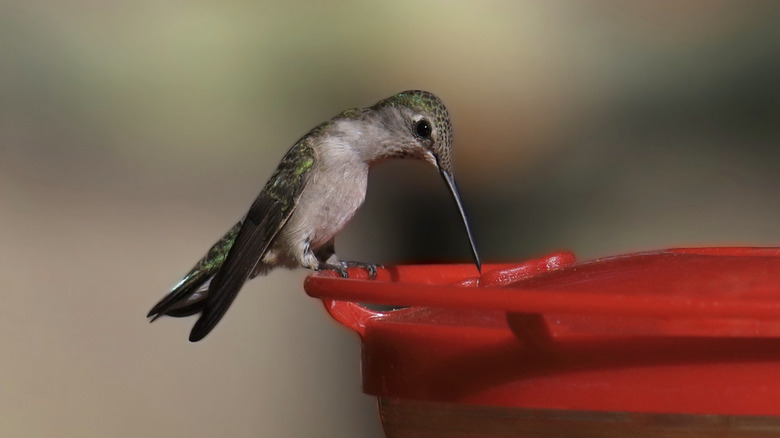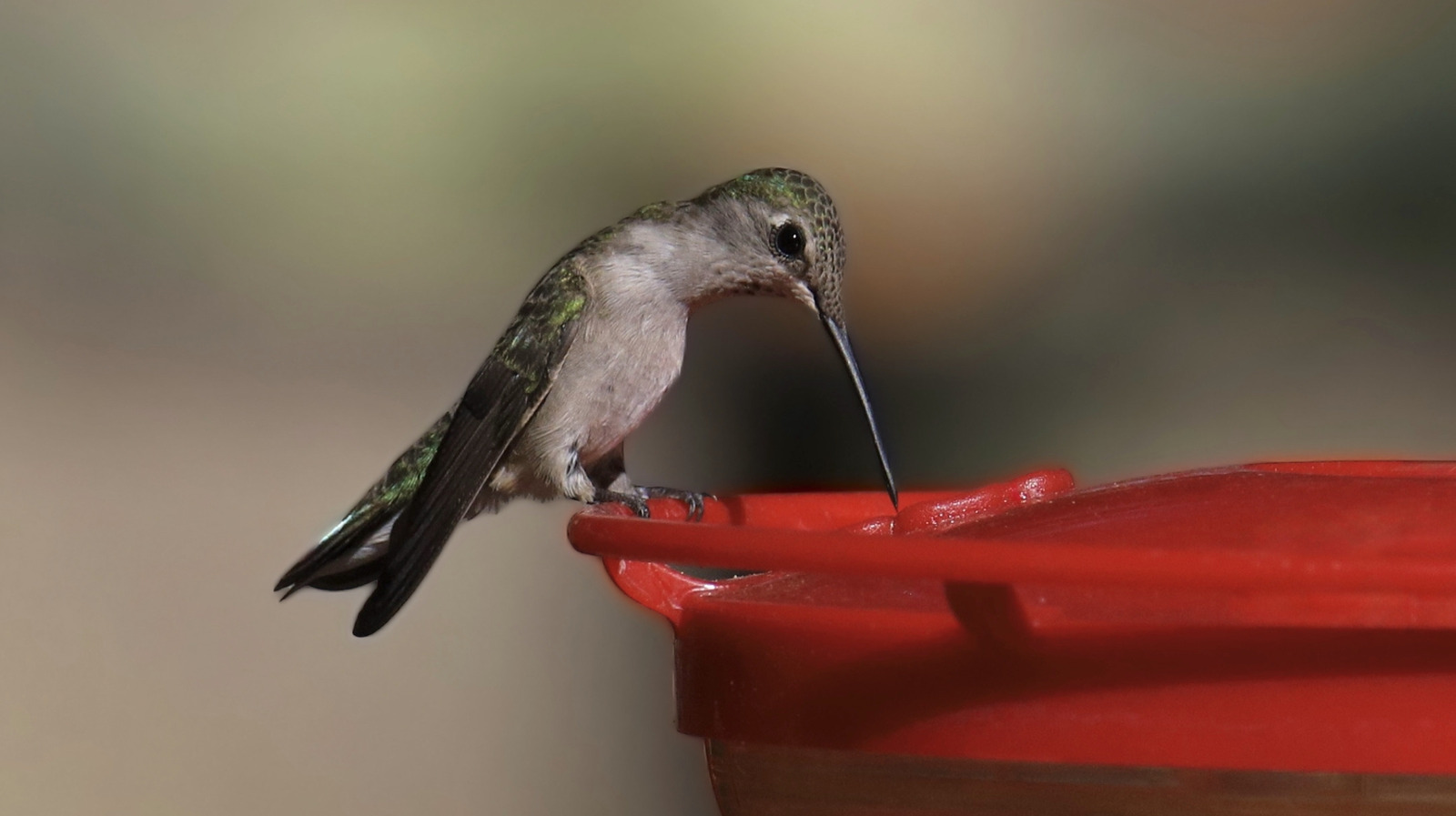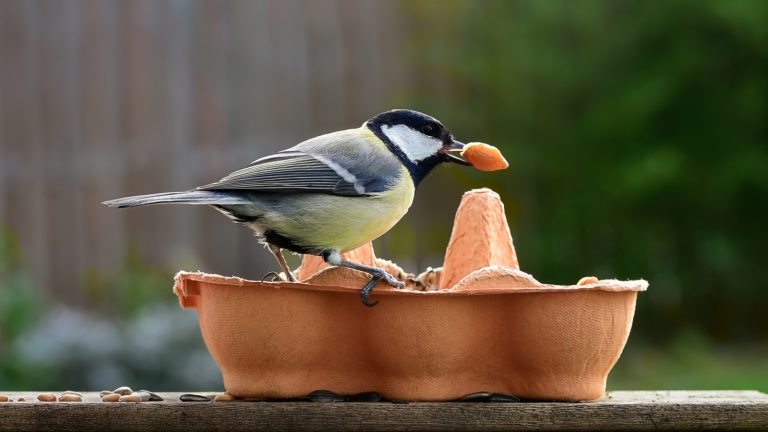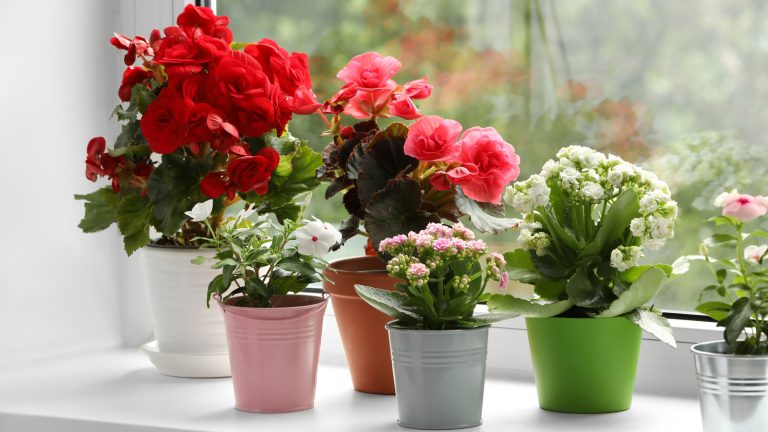
Whenever a hummingbird (or several) visits your feeders, it feels special. Even if they frequent your yard, watching them is thrilling, motivating you to maintain fresh water and clean feeders. However, some conditions, like heat, are hard to control, and your birds might end up sipping warm nectar. While removing feeders during hot hours or placing them in shaded areas are good options, these methods may not always suffice in keeping the feeder cool. What if there was a way to protect the nectar during extreme heat so your avian visitors can still enjoy a snack? By adding a layer of insulation to the exterior of your feeders, you can help the hummingbird food endure the heat. All you need is a thick towel, oven square, or even a piece of clothing to wrap around your station.
A TikTok video demonstrating this solution received various comments, ranging from praise for its cleverness to questions about the sleeve’s purpose. A quick search for a hummingbird insulation sleeve shows limited options online, indicating this is more of a DIY solution. This hack, along with proper placement and nectar maintenance, will attract hummingbirds to your feeder.
Try an insulation sleeve
@navybrattx
#lifehack hummingbird #feeders
♬ original sound – Navy Brat
Once you find the best feeder for your feathered friends, you can focus on insulation. To create your own hummingbird sleeve, you can use various materials, including wool and synthetic wool, among others. In a TikTok video, the user wraps an oven mitt square around the feeder and secures it with a rubber band. Its thickness makes it a good choice for shielding the feeder’s glass from the sun. Others use towels or even socks wrapped around the exterior, which can also prevent freezing.
Monitoring the feeder’s temperature is crucial. If your area’s temperature exceeds 85 degrees Fahrenheit during warmer months, replace the nectar at least every other day. While the hack helps insulate, some regions might still be too hot for the nectar to stay in the feeder for long, especially if exposed to sunlight. With insulation and fresh nectar, this should prevent the sugar water from fermenting, which is harmful to hummingbirds. Remember, the sleeve only delays nectar warming. Additional tips to keep your hummingbirds content include placing the feeder in shaded areas when possible and avoiding locations too close to windows or overly exposed spots.







